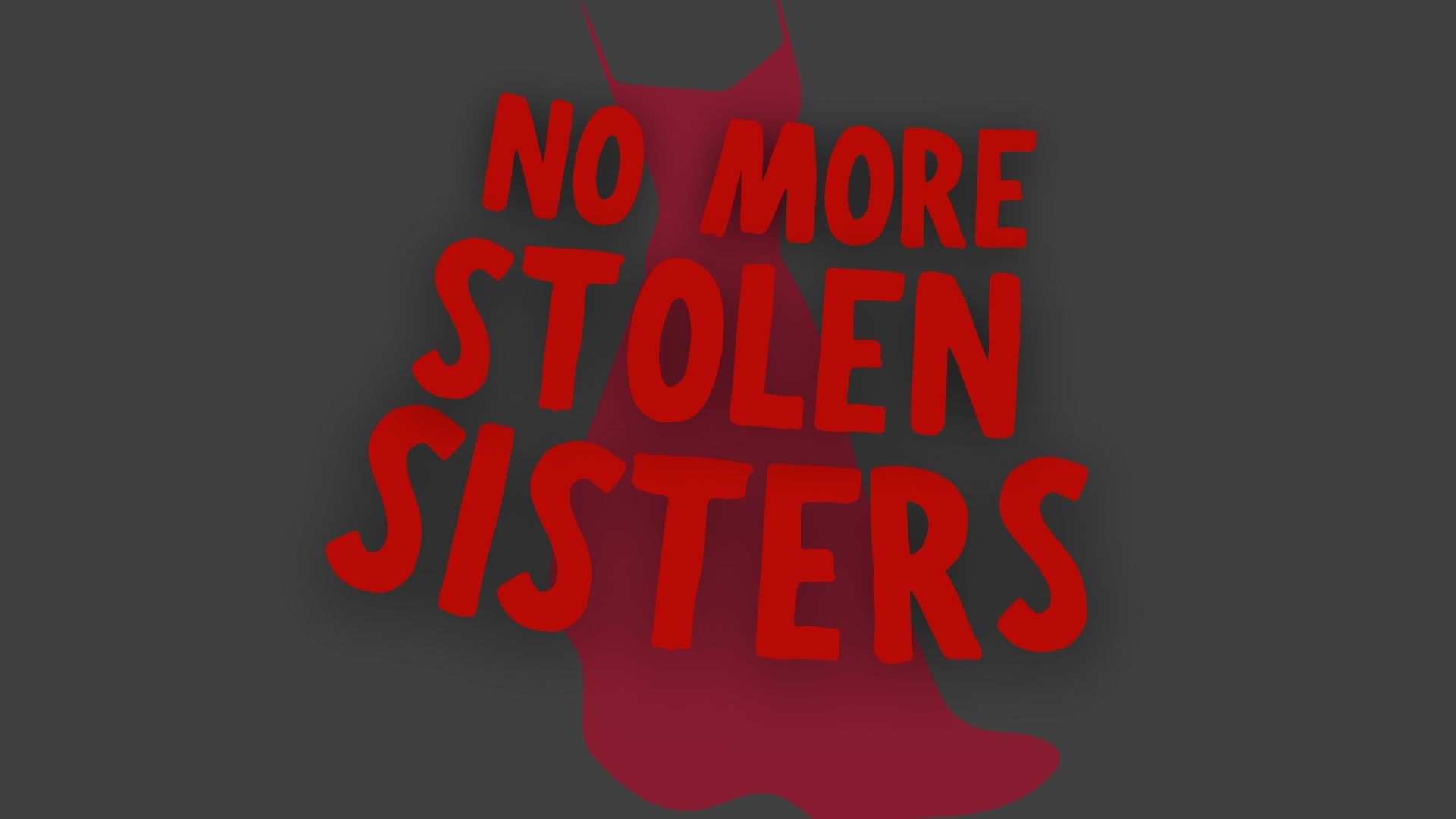CONTENT WARNING: This post contains information about violence against Indigenous women and girls.
May 5 is Red Dress Day –
The REDress Project was started in 2010 by Metis Artist and Activist Jaime Black. Black hung hundreds of empty red dresses in public spaces as a powerful visual representation of the urgent national human crisis issue of Missing & Murdered Indigenous Women & Girls.
Now, the Red Dress is a national symbol to bring forth awareness. When folks see red dresses hanging, it also aims to spark curiosity of passerby’s, with the goal of them taking it upon themselves to do some research and learn on their own.
There is a history of these violent crimes against Indigenous women and girls not being investigated as thoroughly as those with non-Indigenous victims, or sometimes not investigated at all, using excuses like the idea that these women and girls have simply run away.
In 2016, after much advocacy, the Canadian government finally launched the National Inquiry into Missing and Murdered Indigenous Women and Girls. The inquiry released it’s final report in June of 2019. There were 231 calls to justice outlined and developed from this inquiry in order to end systemic causes of violence threatening the safety of Indigenous women, girls and two-spirit people.
Currently, nearly 6 years later, some calls for justice are in progress, but many have not even begun.
231 Calls to Action: https://nwac.ca/assets-knowledge-centre/Web-MMIWG-calls-to-justice..new.pdf
ACTIONS WE CAN TAKE:
- Contact your MP’s and Elected Officials about the disproportionate levels of violence toward Indigenous Women, Girls, and 2 Spirit People
- Learn about the National Inquiry into MMIWG2S+
- Read the 231 calls to jutice from the National Inquiry on MMIWG2S+, advocate to complete the calls
- Be public about your solidarity
- Donate to & support Indigenous-Led organizations
- Learn more about the Indian Act & Residential Schools
- Reflection on the impact of colonial violence in our institutions and daily lives
- Actively listen to Indigenous voices & activists
- Don’t speak for Indigenous people, amplify their voices
- Seek education on your own time – don’t demand education from Indigenous people
- Challenge stereotypes, prejudice & racism when you hear it – on campus, among family or among peers
- Have conversations w/ friends & family (children too)
- Attend community events to learn, support and take action
- Shop from Indigenous-owned businesses and artists
- Challenge & unlearn your own personal biases
- Sign & share relevant petitions
- Men & boys – take part in the Moose Hide Campaign, an Indigenous-led grassroots movement to engage men & boys in ending violence toward women & children
- Take a moment to reflect: which of these actions will you pledge to take?
Please feel free to share your feedback/reflections here: https://forms.office.com/r/UuxQ27kFfE

